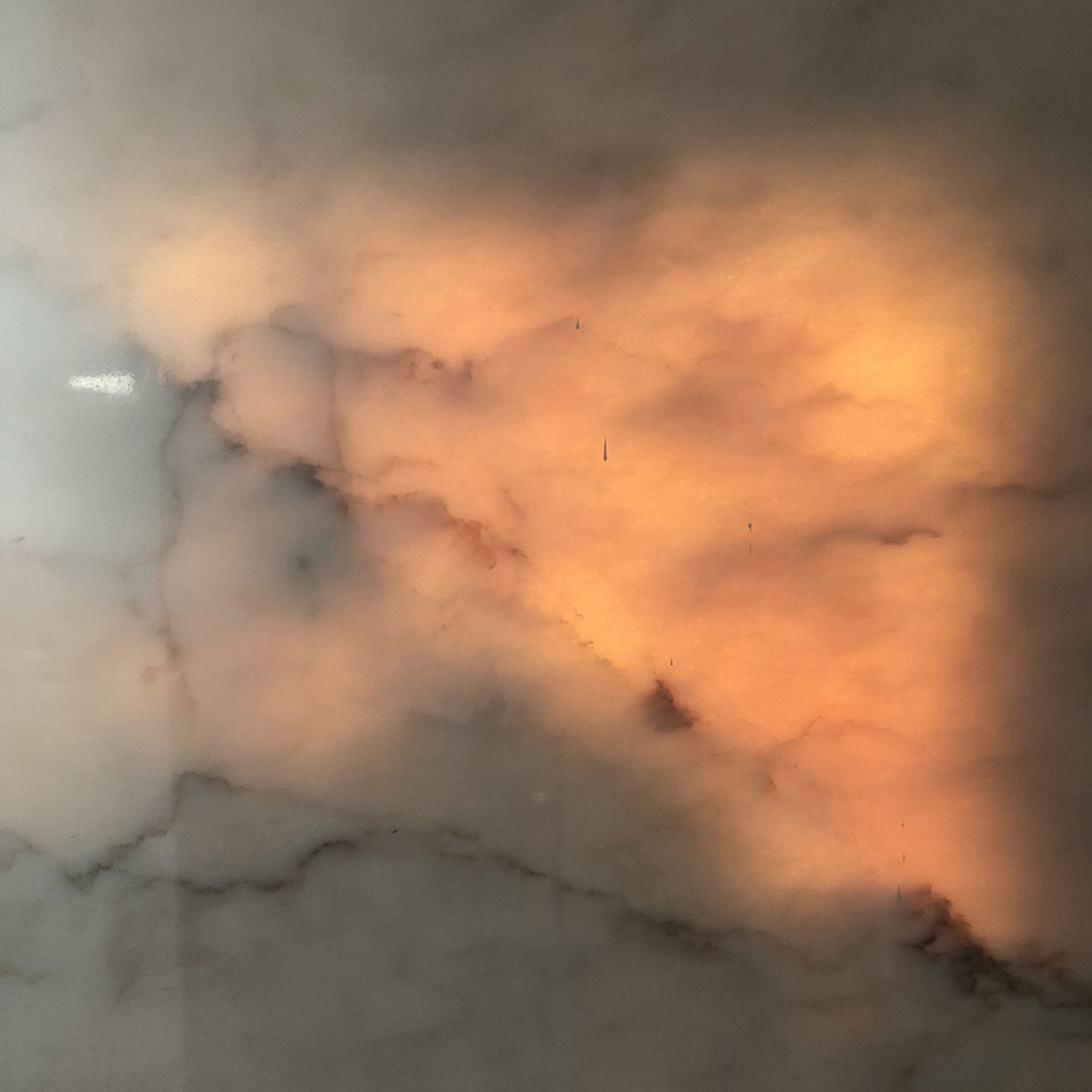Je ne suis pas au courant
Jérémy Pajeanc & Sandra Vieira Jürgens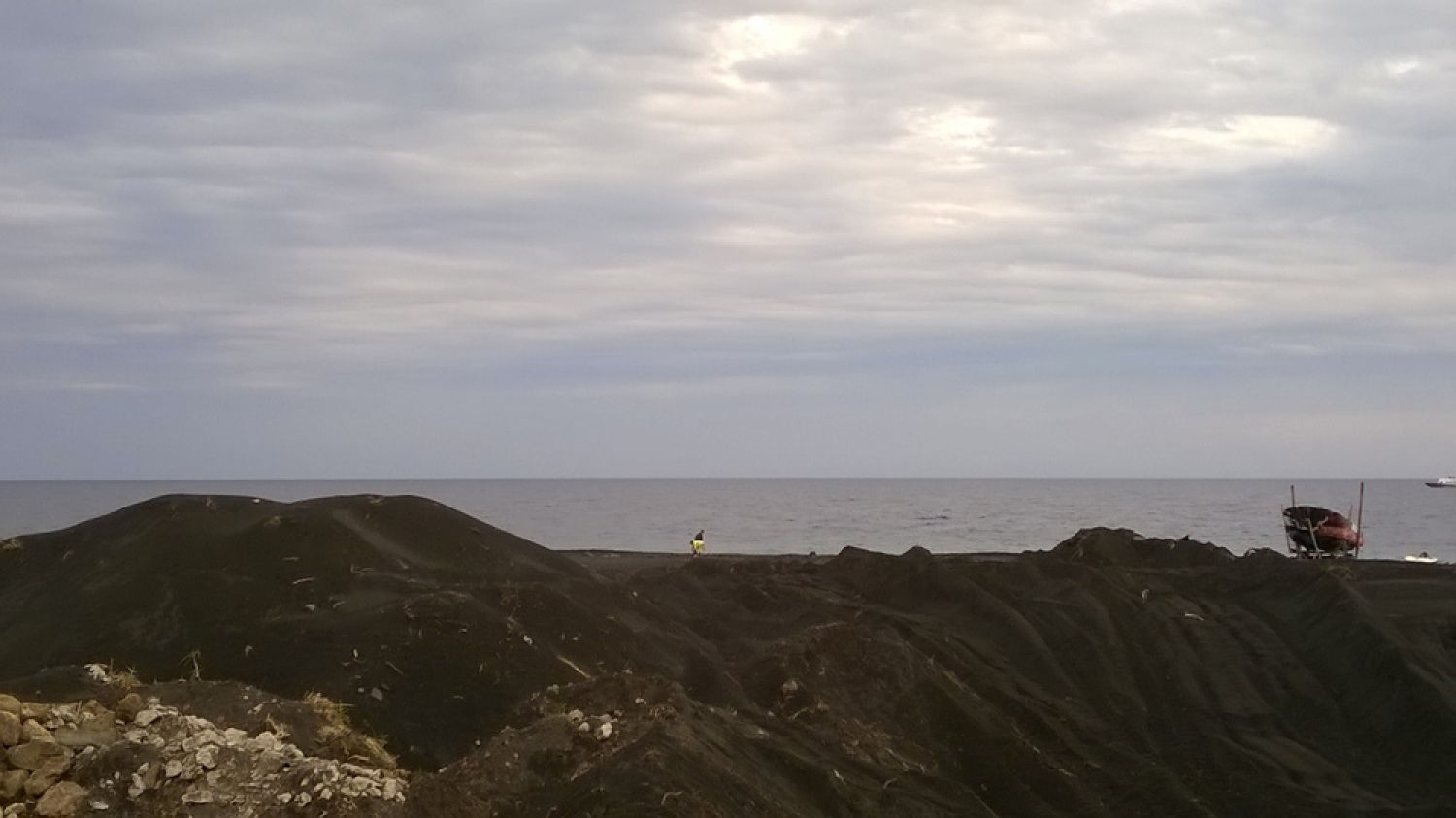
Chapter 1 – Urgence: je ne suis pas au courant
Jérémy Pajeanc > Sandra Vieira Jürgens
In the French title, the basis of the current is the fluid passage of several elements in one same direction. The obstruction of that fluidity creates different levels and inequalities within that passage, giving rise to tensions. The best example of this would be a water dam: the dam is a straitening filter of the current, thus creating different levels and unbalances between both sides of the wall: one side of accumulation and another of containment or contained water distribution. Those appendixes for controlling the current also create deregulations within the geographical normative currents of the water flow, deregulating its fluidity.
It is possible to draw a parallel with the dams that have been built along the borders between Central Europe and Eastern Europe, between North and South America, between Africa and Europe, thus straitening the normal circulation and mobility of people in a so-called globalized world.
Throughout the last century, old Europe has affirmed itself not through the control of the current, but trough dictatorial counter-currents and through the passage of a fluid current and the contamination of different cultures. It was the sum of several European cultures and the release of the passage that allowed us to create strong and dense social, cultural and political currents.
That decision of closing the passageways leads us to a freeze of the population currents that stimulate the dissemination of knowledge, experiences and an «expansive and libertine culturality». Even worse are the resulting parallel solutions for passage and transition: the creation of networks of smugglers, the smuggling of people and counterfeit goods, the nationalist cultural crystallization in an attempt of absolute control and filtering of migration. Counter-currents which annul a strong current by dividing it.
Where are you going?
SVJ > JP
2015-1989: The fall, the end of the walls, the opening of passageways allows for new barriers, unexpected closings – of borders and territories. The winds are changing.The interrupted course, a step backwards, several steps backwards. Disaster. The boat sinks. We are a part of something, something about which we have increasingly less of a say in.
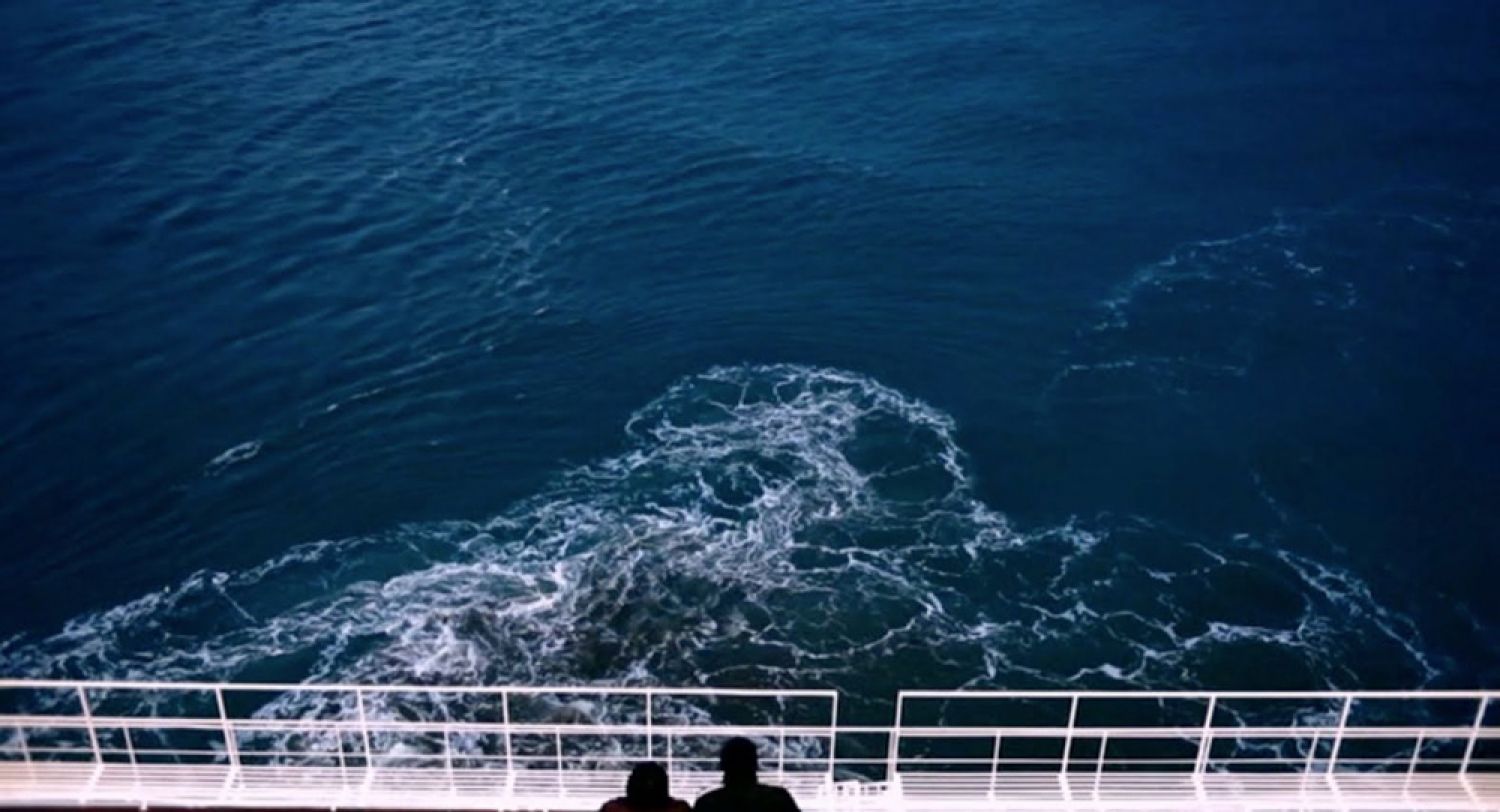
IMPOTENCE, the inability to intervene. Impotence in the face of History, impotence in the face of Europe, impotence in face of the present. There are many who seek breaches, passages, on land or by sea. Reality resembles fiction instead of truth.
Chapter 2 – À contre courant: le courant passé
JP > SVJ
I begin my journey in Porto, a coastal city where urgency floats on the surface: an intangibility.
The transformation of the city continues. The emptying and exit of the old and true residents proceeds.
The city is now a passage and it welcomes those who are passing by, but not settling.
Population exits or migrations continue, even without «écheance» of ending.
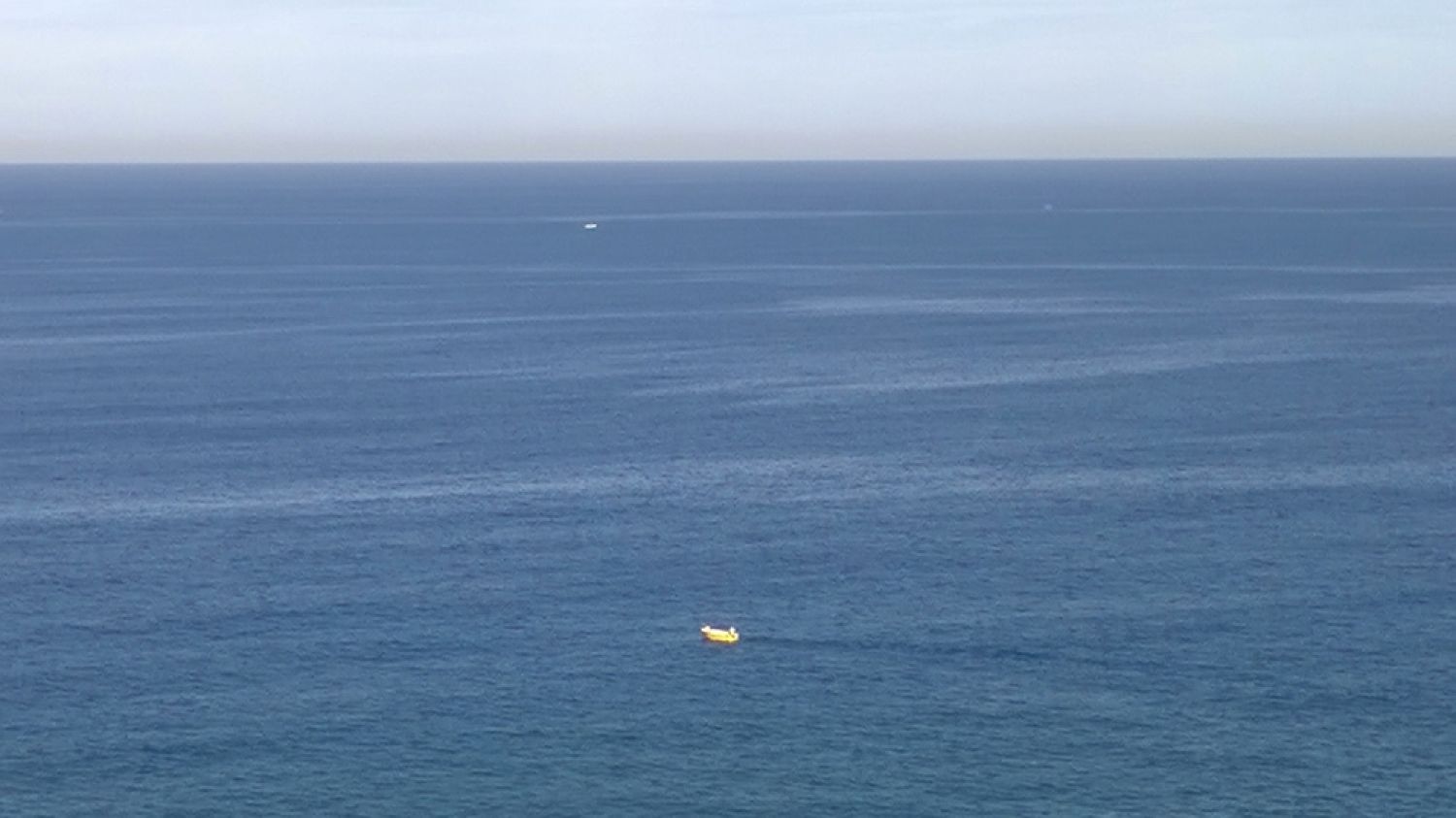
I arrive in Pizzo, a coastal city to which the Mediterranean clings to – the Mediterranean, an escape for some, a new home for others.
The city remains suspended in time and in a degraded crystallization of permanence.
The city is structured around ruins, just like in Porto, hiding the golden days of industrialization and economic growth.
I am now standing in an old movie theatre – Cinema Mele de Pizzo – now completely voided of its primary purpose, but which still keeps its original architectonic structure and furnishings.
It’s incredible to think that it used to be the most sophisticated and sought after cultural spot in the city.
Television changed the social audiovisual market, pushing us towards individualism and the promotion of privacy.
Porto and Pizzo, among other places, are two examples of a new Europe, of a new way of consuming and facing culture, with unstable and changing needs which today push European culture outside of the western European classical axis from the 19th to the 21st century. One of the strong reasons for that sift is the “essoufflement” of western industrialization and the progressive closing of European borders.
On October 3rd 1990, the wall that divided Germany fell to the ground. In that same decade, another wall, used for military purposes, was deactivated: the Atlantic Wall, built by the Germans.
On this day, October 8th 2015, a border wall in Hungary is being completed to reinforce the closing of European borders, in an intangible search for a so-called problem of policulture: Europe’s trump card in the 20th and 21st centuries.
Even after all of the attempts to interrupt the current of passage towards the inside of Europe, many groups of men that Europe wants to filter pass through the nets.
Who can be the judge of that choice? What are the criteria? What are the possibilities?
l’ici et maintenant
SVJ > JP
My dialogue with Jérémy is marked by the experience of physical absence in Pizzo and develops through the reception of written information from the residency’s participants and by physical and immaterial images of a space contaminated by the melancholic atmosphere of apparitions, shadows, lines of light.
Much like an intermittent and diffuse projection of images, my mental space is occupied by a gathering of notes, accounts, traces, objects from the past, old cinema, but also by the surrounding landscape, which I observe and compose in free editing.
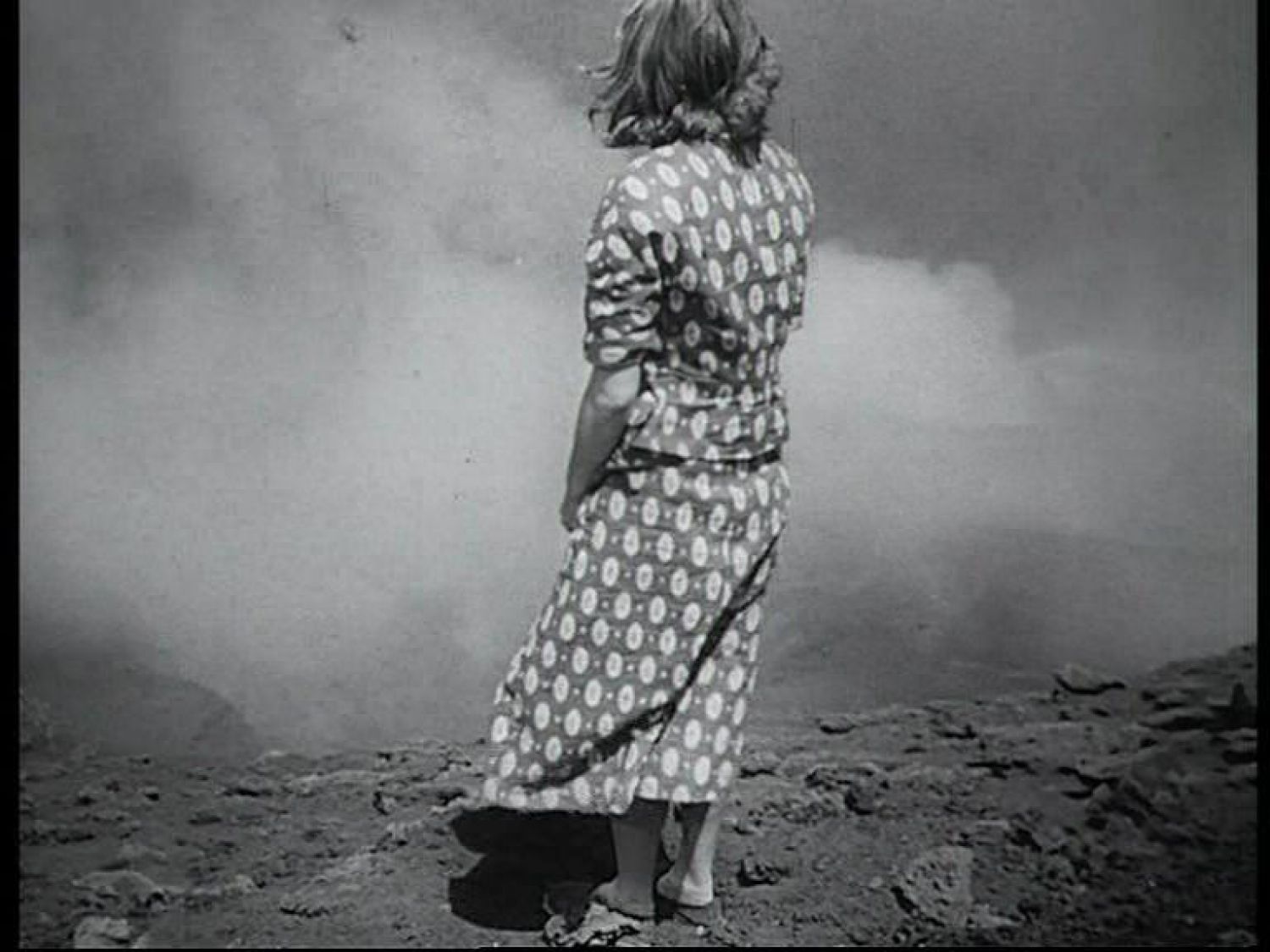
With a parallel sense of a phenomenon of expansion of time and space, I establish a dialogue with this heterogeneous set of accounts, but also events and memories which transcend that space. These are not personal or biographical memories, but collective ones, dormant memories recalled from the history of cinema, fictional, unlived, not experienced, and always television images. Something not thought about.
So close. A sea both finite and infinite.
What will future Europe be like? How can we project the future? I focus on this, in the lack of definition of what is to come, in the opening up of an image of a possible future, with other horizons for this cinema, for Europe.
EMERGENCY. The creation of alternatives. The future as counterweight to the current reality.
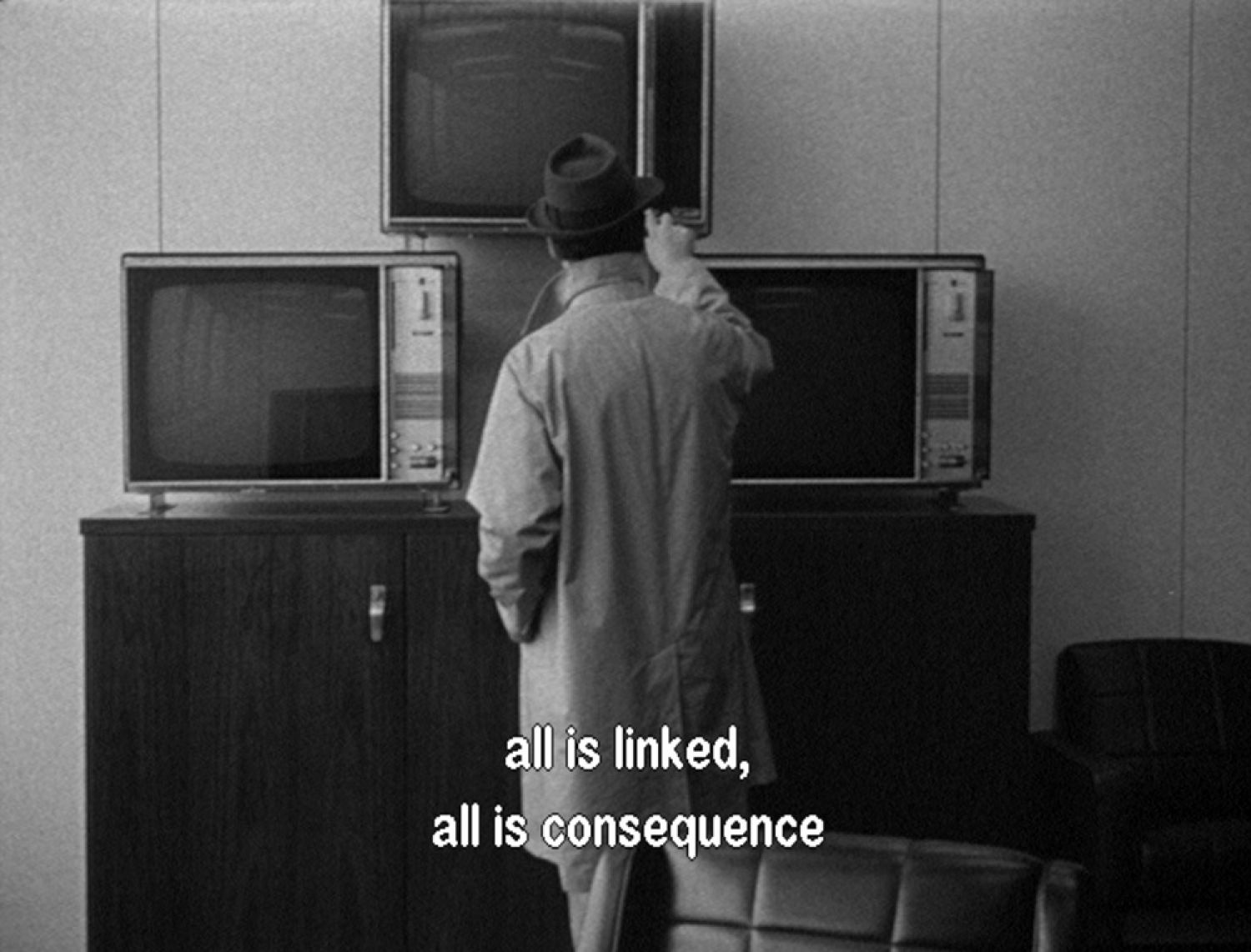
The passage from one thing to another in a current and associations of words, from European history and the state of the contemporary world to the future. Je ne suis pas… au courant
Chapter 3 – Sans courant, l’isolement est total
JP > SVJ
Pizzo: it takes 3 hours of travel to cross the sea and arrive in Stromboli.
The oscillating currents dictate the rhythm of instability of the volcanic island, still in activity.
During the journey, we pass by numerous military and coast guard boats, a sign of the current concern over the passage of refugees coming from Africa who seek shelter in Europe.
In our tourist boat, authorized to navigate that sea, we go against the current, heading towards a living and humanized geographical architecture which breathes and grows at every eruption: Stromboli.
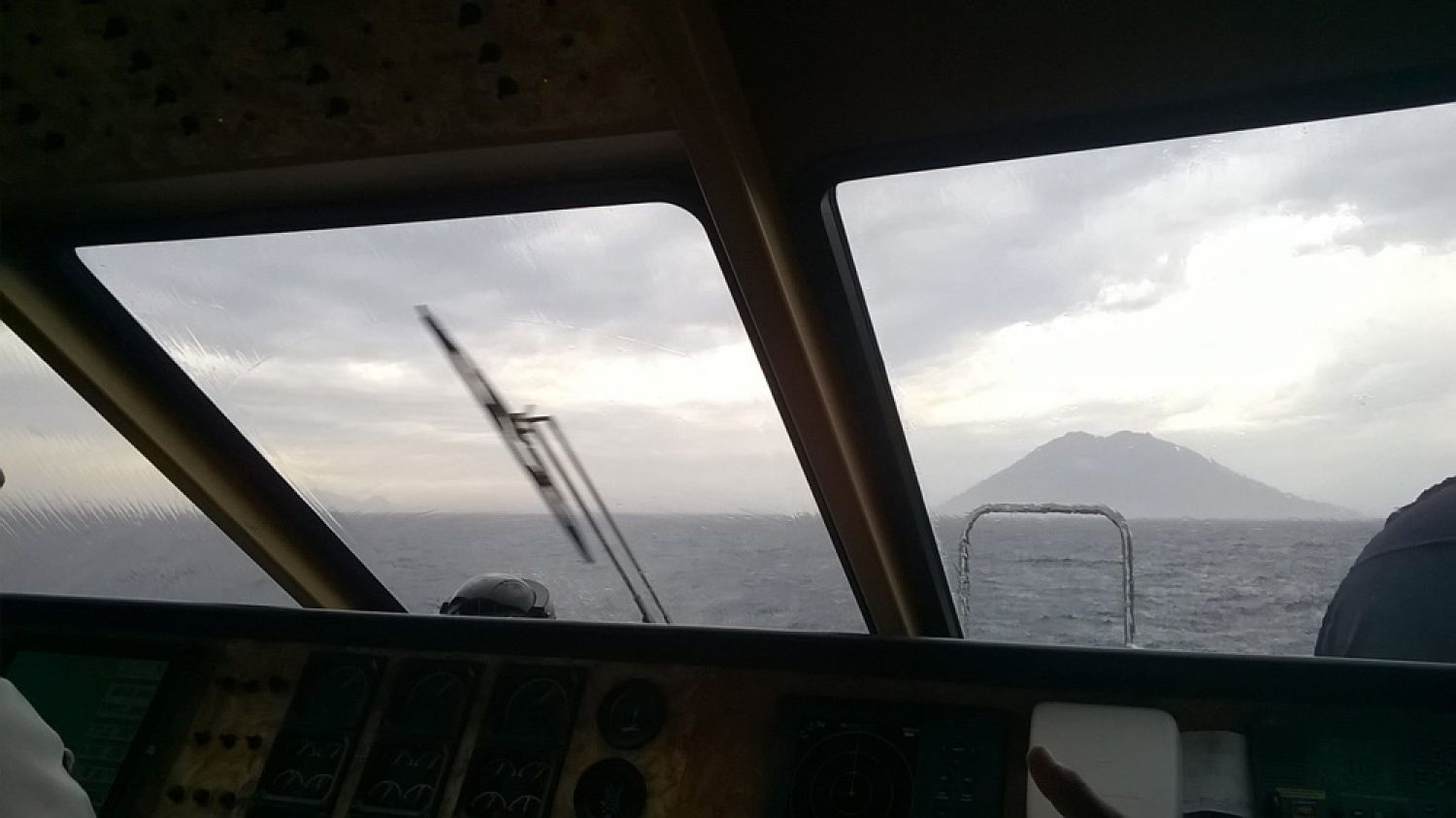
The arrival, a black island, with black beaches and black basaltic mountains.
Above that black rock, as I go forward in my walk, a subtle and fragile cloak of greenery emerges. As I go forward, that green blob over the black gains volume: trees, bushes, birds inhabit at last the space that now and then releases thick vapors. I begin to feel the smell of sulfur.
It’s quite remarkable the way the geographical origin persists there, suspended: the lava, the rock, the dirt, the plants and animals.
Everything remains untouched and pure, completely virgin, over a black skin, as in the origin.
Undoubtedly, it’s also interesting to watch the suspension in which life persists: life is not ruled by a civil calendar, nor by its social and human landscape models, but it’s the opposite instead.
The calendar and the days are organized according to the tides
– whether or not it’s possible to navigate the sea: following the rhythm of the sea currents.
– whether or not the volcanic activity is stable: escaping the currents of lava descending towards the sea.
That’s what I was in search of, that whole anachronic and ever-changing landscape: the civil timelessness, the absence of presence: of the city, of hasted economic activity.
The only economic activity here is tourism on a small scale, and it exists suspended and fearful of a possible end dictated by nature.
Culture is not imposed or imprinted by man over nature, but it’s instead the landscape which absorbs man, its presence and its culture.
The return,
it’s 7 pm: a troubled sea and the absence of light mark our journey.
It’s possible to see, at a distance, a rotational light, which gets lost in the dark landscape of the sea.
I think about the refugees who venture in precarious boats into the dark night facing a troubled and dangerous sea such as this one.
I imagine the panic they must feel about the agitated waters, the currents, the absence of light, the frailty of the boat and the overload of passengers, and the muffled screams that surely echoe in high sea, in a total isolation from humanity.
Translation: Teresa Sousa
